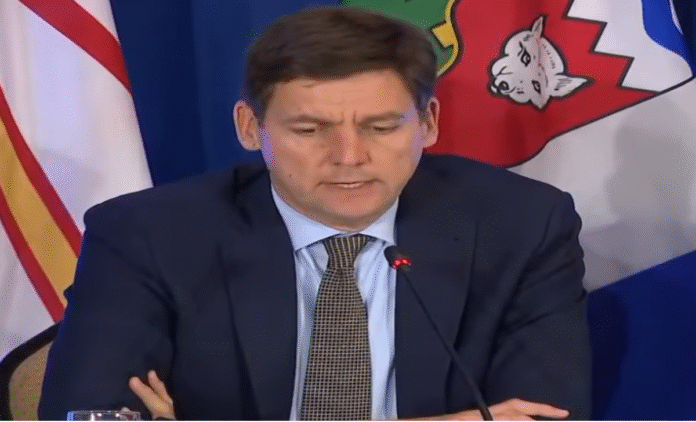July 23,2025
Maninder Grewal
The premiers have concluded their three-day meeting, during which they addressed key topics such as the U.S. trade war, healthcare, bail reform, and immigration. On Tuesday, they met with the Prime Minister to present proposals for critical infrastructure projects they hope to see implemented in their respective regions.
Mark Carney reassured the premiers that the August 1 deadline to reach a deal with Donald Trump is not his focus — securing a beneficial agreement for Canada takes priority.
During the meeting, British Columbia signed agreements with Ontario, Yukon, and Manitoba aimed at eliminating interprovincial trade barriers. The premiers expressed satisfaction with the collaboration and leadership being demonstrated during this pivotal time for Canada’s economy. However, the issue of pipeline development resurfaced as a major point of disagreement.
Alberta Premier Danielle Smith, supported by several provinces, advocated for the construction of a new pipeline through B.C. and the lifting of tanker bans. Premier David Eby of B.C. maintained his firm opposition, a stance echoed by Coastal B.C. First Nations. In an open letter to Carney, Chief Marilyn Slett of the Heiltsuk Tribal Council stated, “The lifting of the oil tanker ban is not something that we can support, nor will we ever provide our consent to.”
While the Prime Minister did not specifically address the pipeline controversy, he emphasized that nation-building projects must include collaboration across multiple regions and require First Nations’ support.
The three-day summit in Muskoka aimed to show a united front in the face of the ongoing threat posed by U.S. President Donald Trump’s trade war. Still, New Brunswick Premier Susan Holt stressed that other key issues affecting Canadians should not be overshadowed by trade or economic concerns.








